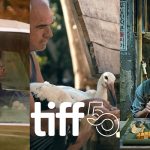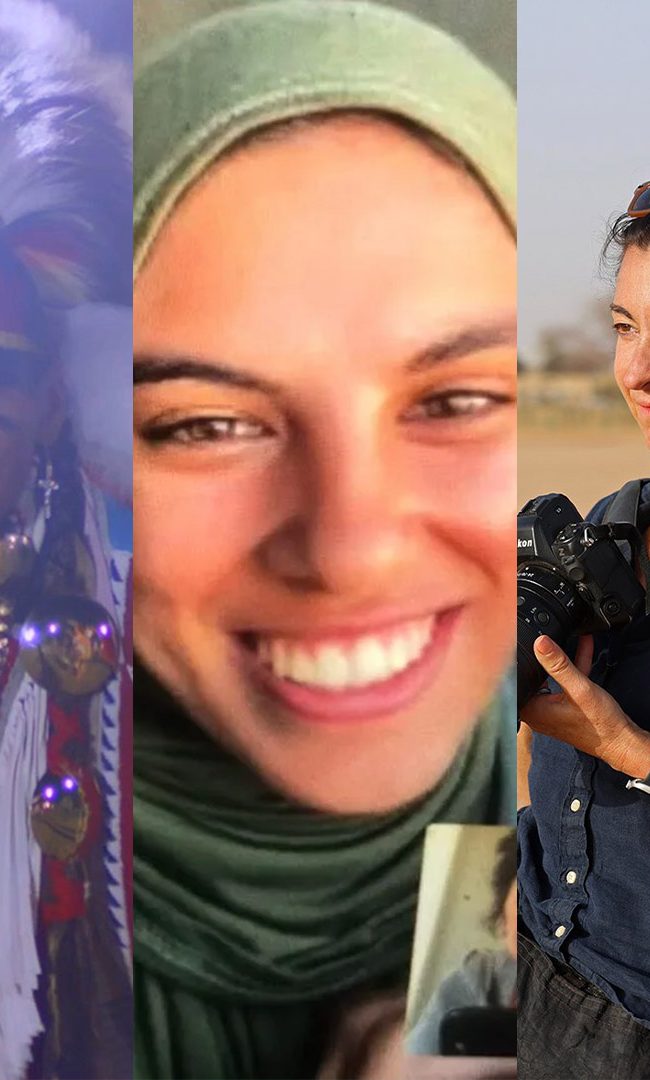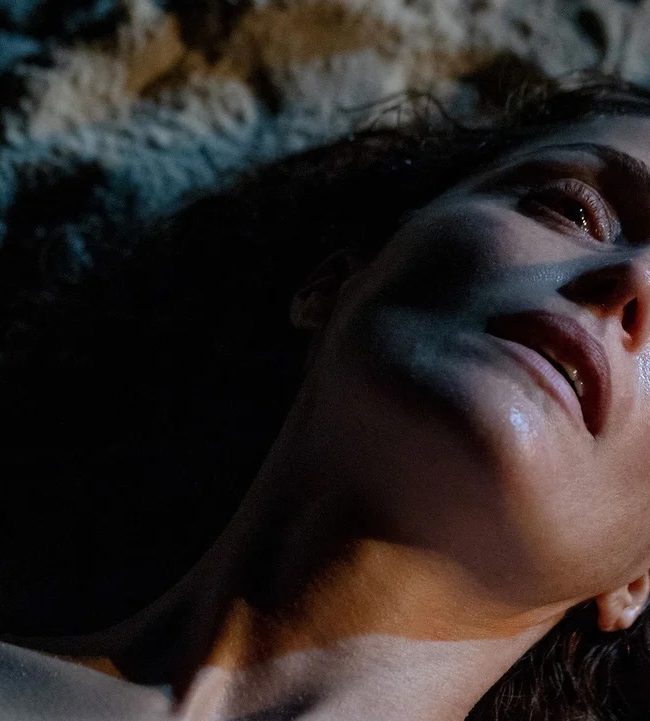Chris Reed’s 5 Films to See at TIFF 2025
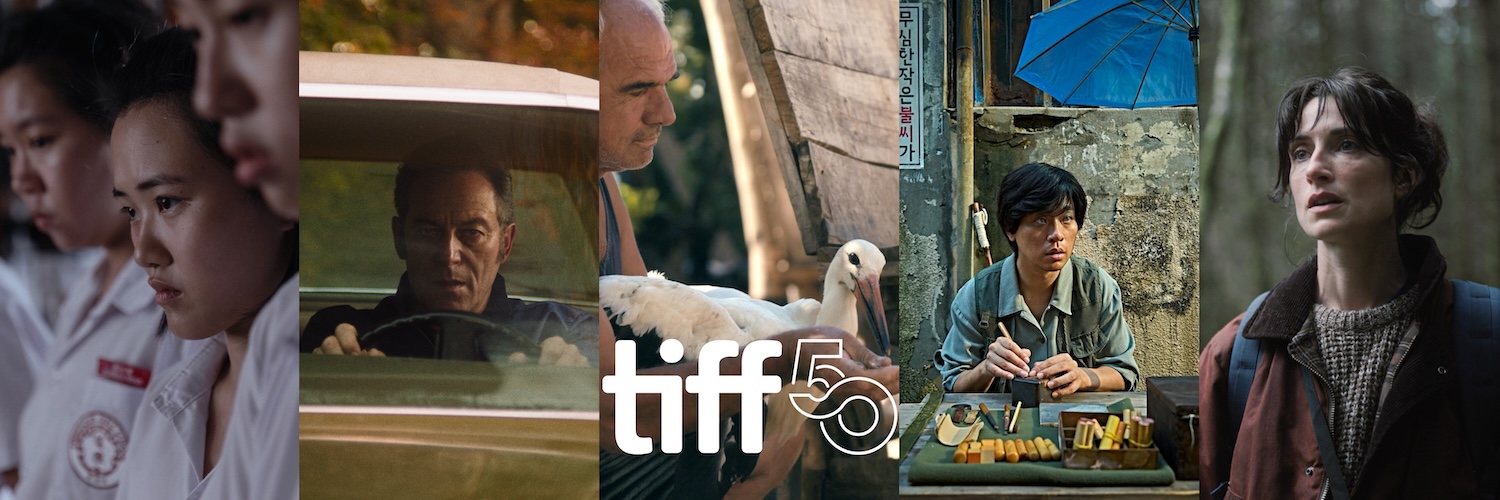
The Toronto International Film Festival (or TIFF) marks its 50th anniversary this year. TIFF 50 runs September 4-14, with the fest’s usual vast array of movies playing in venues around the downtown entertainment district. This Canadian jewel of a city—both the country’s most populous and capital of the province of Ontario—offers visual delights aplenty but for 10 days becomes primarily the center of the cinematic universe. Lead critic Chris Reed will be on the ground for part of the event, and has already seen some of the slate, courtesy of advance screeners. Below are his choices of five films to watch from among those viewed.
Choo Xin Yu is a new student at Singapore’s Confucian Girls’ Secondary School, and not too happy about it. It’s a conformist culture and she is a bit of a rebel. Fortunately, she finds kindred spirits in Nessa, Sofia, and Gina, and together they form a clique and fancy themselves a gang. Unfortunately, the repressive powers that be view such behavior with suspicion. In Amoeba, Singaporean writer-director Siyou Tan crafts a coming-of-age tale that presents the world in both is brutal reality and warm humanity, supported by a young cast of enormous talent.
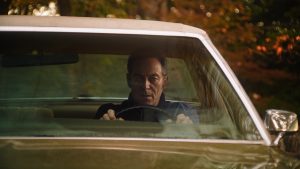
A still from HONEY BUNCH. Courtesy of TIFF.
Right away, what stands out in Honey Bunch is Adam Crosby’s gorgeous cinematography, every shot meticulously composed and lit with a consistently moody palette. These evocative visuals beautifully complement writing-directing duo Dusty Mancinelli and Madeleine Sims-Fewer’s unsettling tale of trauma and recovery (at least that’s what we think the movie is about, at first). Though narratively derivative in some ways, Honey Bunch proves surprising at other times as it meditates on identity and science through the prism of love. Grace Glowicki (Until Branches Bend), Jason Isaacs (Mass), and Ben Petrie star, along with some phenomenal production design and great lo-fi special effects.
Macedonian director Tamara Kotevska (Honeyland) delivers stunning—if frequently sad—images in The Tale of Silyan, thanks to the terrific work of her Director of Photography, Jean Dakar. The natural beauty of the landscape and the grace of the white storks who make the area their home help, as well (the village of Češinovo, in Macedonia, is apparently home to the largest population of these birds in the world). Grounding her documentary in the 17th-century legend of Silyan, a boy who was magically transformed into a stork and then cared for by the father who cursed him, Kotevska follows the story of Nikola and his family as they weather political and economic policies that threaten to destroy their traditional farming life. Left alone as his wife and children decamp for Germany in search of better opportunities, Nikola finds himself caring for an injured stork, whom he names Silyan. Through his tender ministries, he discovers reserves of strength and hope he had thought long gone. As dispiriting as much of its central premise may be, The Tale of Silyan nevertheless proves deeply inspiring by its end.
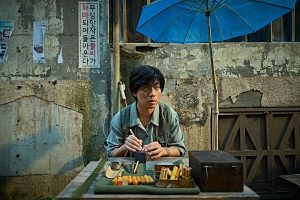
A still from THE UGLY. Courtesy of TIFF.
In The Ugly, from South Korean filmmaker Yeon Sang-ho (Train to Busan), beauty is very much never in the eye of the beholder. This is not only true because one of the central characters is blind, but also because Yeon purposefully blurs notions of inner and outer attraction. Furthermore, the title can refer as much to the moral corruption of society at large as to any one person’s physical charms (or perceived lack thereof). Set in both the past and present, The Ugly focuses on a father and son as they wrestle with the discovery of the remains of the former’s wife and latter’s mother. The investigation into what, or who, caused her death may drive the plot, but the central theme examines the complexities of human behavior in all its glory and nastiness. Park Jeong-min (Decision to Leave) portrays the blind father of yore and the son of today, shining in both roles.
What happens when a psychic wound suffered as a child never heals? This is the primary question asked within Dutch cineaste Nanouk Leopold’s Whitetail, her first feature since the 2018 Cobain. Set in Ireland’s southern County Kerry, the movie stars Natasha O’Keeffe (the BBC’s Peaky Blinders series) as Jen, a park ranger bent on preserving the flora and fauna of the woods she grew up in, even though they are the site of a personal tragedy long ago. When her prodigal ex-boyfriend (of teen years)—who was with her on that fateful day—returns home following his mother’s death, Jen must confront a lifetime’s worth of buried grief, guilt, and resentment. It’s tough viewing, but also cathartic, enhanced by the vividness of the nature in which the saga takes place.
For tickets to these and other films, check out the festival website. Enjoy!
– Christopher Llewellyn Reed (@ChrisReedFilm)


